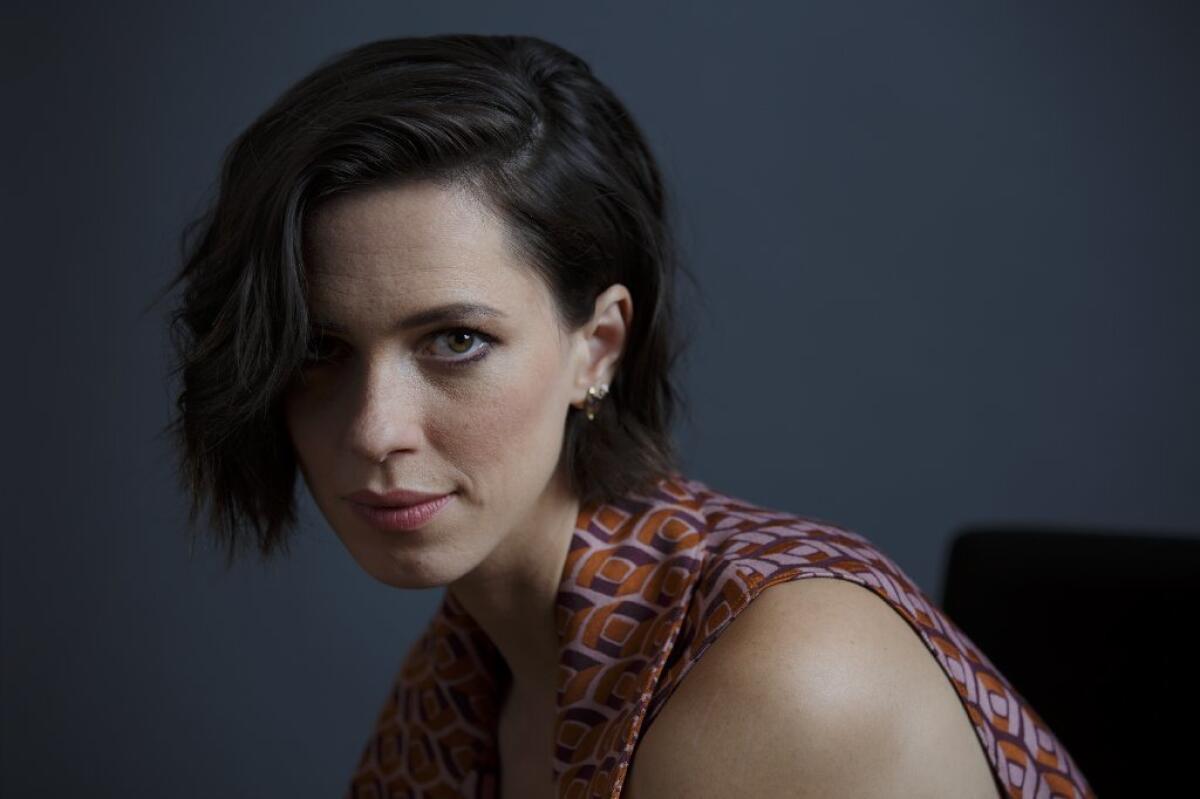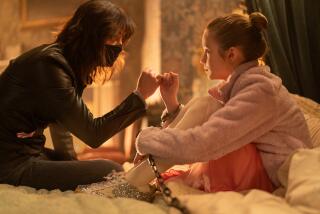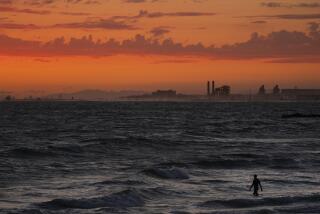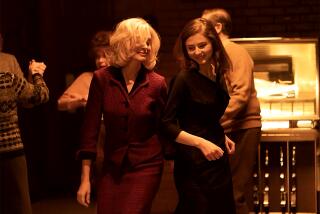Rebecca Hall searches for the humanity in even the darkest of roles, as in ‘Christine’

See the most read stories this hour »
Rebecca Hall may have grown up in a theatrical household (Mom was an American opera singer, Dad the director of Britain’s National Theater), but it was at her own insistence that she became an actress at age 10, in part as a way to overcome shyness. Twenty-four years later, she’s known for stage work and roles in such films as “Vicky Cristina Barcelona” and “The Town.” But her most recent role in “Christine,” as a journalist who took her own life on air in 1974, was a chance for her to emphasize the humanity behind the real-life tragic incident.
“Christine” is, to put it mildly, a dark film. What drew you to a script like this?
I knew there had to be some sort of humanity there; otherwise there’s no point in telling the story. There was something on the page that collapsed the distance between her and us. When I finished it, it stopped being a frightening horror story and a fundamental human story of someone who doesn’t have the tools to deal with what the world is throwing at her, and she fails in this extraordinarily bizarre and shocking way.
Did you speak to anyone who worked with her?
No, the director and writer didn’t want me to. I’ve got to serve the interpretation of that person on the page, not someone’s memory of that. But Craig Shilowich, who wrote the script, had looked everywhere for one guy who was reportedly her best friend at the time — this intern named Brian Smith or something. But he couldn’t find him. Then the film got sent to a trailer company to cut the trailer, and this man called up and said, “I own the company and want to personally cut the trailer, because Christine was my best friend.” Now he goes by the name “Smitty” and cuts trailers for movies. He’s the one person she confided in and told, “Wouldn’t it be funny if I shot myself on television.”
Did you take Christine’s mind set home with you every day, or were you able to leave it on the set?
I don’t take stuff home, I think it’s sort of an indulgence, but if playing her taught me anything it was to live, and live passionately and intensely for me. That said, it was much harder than other roles. My body language would get tense and a stoop happened in my back. By the end of the day, I’d have an awful tension headache. This one cost me a lot.
Are there kinds of scripts you avoid because of the way they portray women?
Yes, though it doesn’t always work out. Sometimes you pick a script that has all the best intentions and once you’ve gone through the actual filming and edit it comes out very different. I’ve had a couple of experiences like that. I’m not nearly so arrogant as to think that my decision-making process is going to change the business, but it is important to me as an artist to show some truth. Christine is a character in a story we’d feel easier turning away from. But it’s my responsibility as an artist to show that you can relate to that, even just a little bit.
Your father certainly knew all the ins and outs of directing and actors. Did he ever give you notes?
God, yeah, on stuff he was directing me in. I feel pretty lucky I had that time with him, actually; especially now that he’s not well [Peter Hall retired in 2011 after a dementia diagnosis]. He has enormous respect for me, and obviously it means an awful lot when a parent has that kind of confidence in you. But we could really, really argue about work and really get into it.
What was his advice about acting?
He gave me a great piece of advice, which I think about a lot when I’m talking about “Christine.” His voice actually came into my head when I read the script. A long time ago when I was rehearsing a play, he said, “Don’t ever be afraid to play crazy people.” What he meant was, “Don’t be afraid, because you have so much humanity.” That’s something I always think of. People are so worried about being seen as likable, heroic or wonderful or beautiful all the time, and I don’t think that’s what I do for a living.
More to Read
From the Oscars to the Emmys.
Get the Envelope newsletter for exclusive awards season coverage, behind-the-scenes stories from the Envelope podcast and columnist Glenn Whipp’s must-read analysis.
You may occasionally receive promotional content from the Los Angeles Times.






